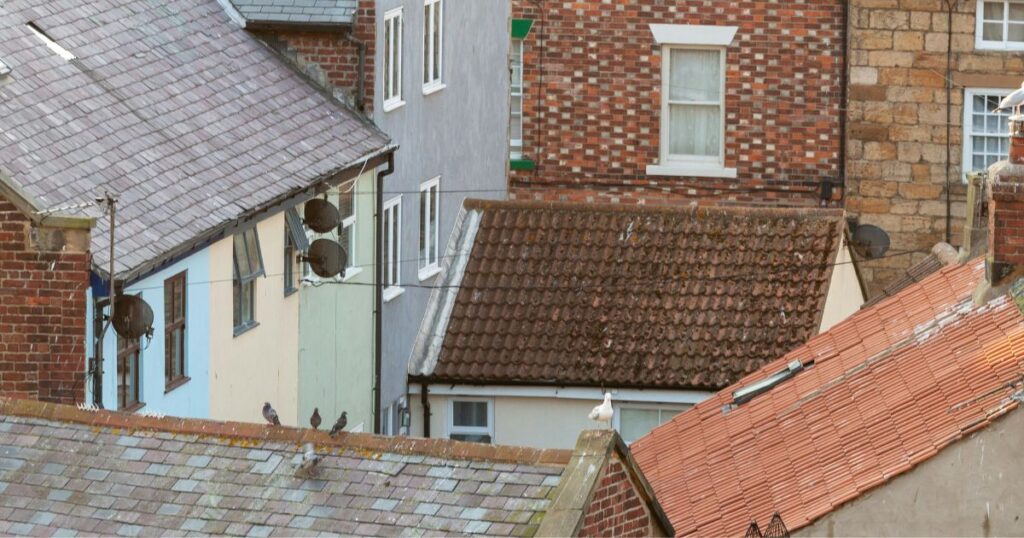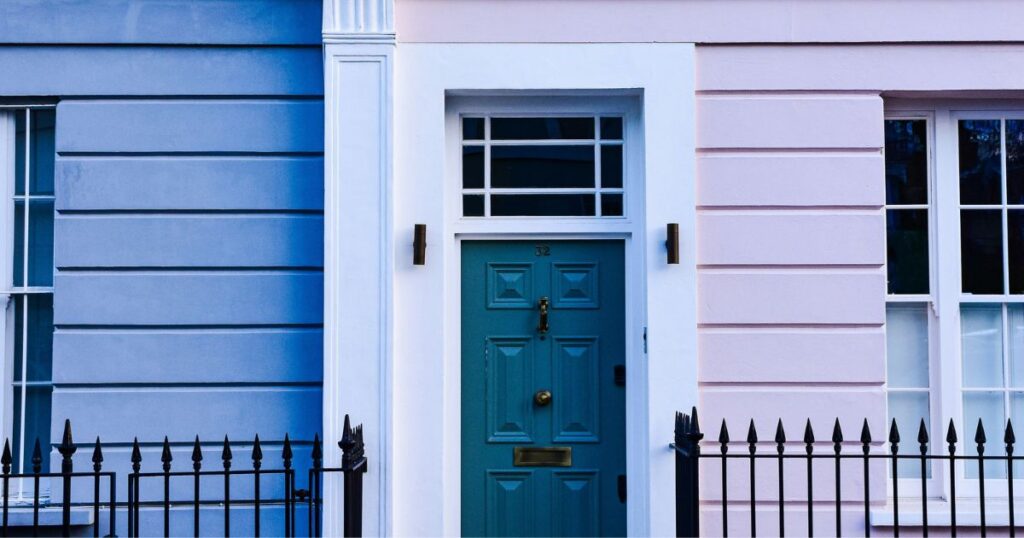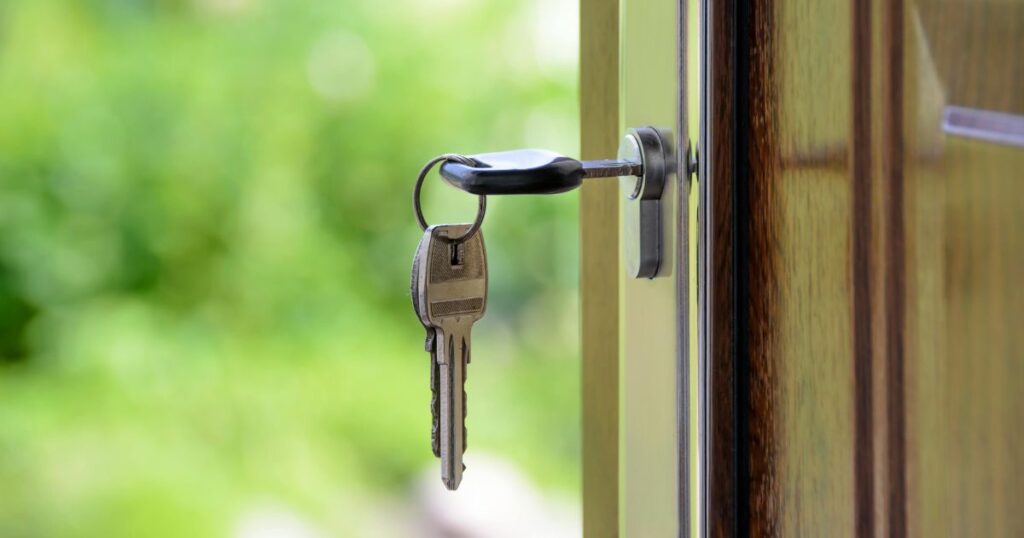When a property becomes empty, many landlords wonder, “Do landlords pay council tax when a property is empty?” Understanding this can help manage financial planning, especially since council tax can become a significant burden if a property remains vacant for a long period. In this blog, we’ll clarify the rules around council tax for empty properties in the UK and discuss potential exemptions or reductions that might apply.
In most situations, landlords are responsible for paying council tax on empty properties. However, there are specific conditions under which a property might qualify for a discount or exemption.
Landlord insurance
At Insurd, we provide landlord insurance designed to protect you from financial risks, including those related to council tax on empty properties. Discover our insurance policies to safeguard your investment and cover unexpected expenses.
What is council tax?
Council tax is a local tax set by local authorities to fund services such as rubbish collection, street cleaning, and social services. Generally, the person residing in the property is responsible for paying council tax. However, when a property is unoccupied, the responsibility and financial implications shift, making it important for landlords to be aware of the regulations. Find your local council on Gov UK.
Council tax exemptions for empty properties
Several scenarios allow for exemptions from council tax for empty properties:
- Property undergoing major repairs or structural alterations: If a property is vacant because it is undergoing substantial repairs or alterations, landlords may apply for a council tax exemption. This exemption usually lasts up to 12 months, though the duration can vary depending on local authority regulations.
- Newly built or newly converted properties: Newly built or converted properties may be exempt from council tax for a period, typically up to six months. After this initial period, if the property remains empty, landlords will need to start paying council tax.
- Bereavement: If a property is left empty due to the occupant’s death, it may be exempt from council tax until probate is granted and the estate is settled. This exemption can extend for up to six months after probate is granted, provided the property remains unoccupied.
- Second homes and holiday homes: Properties classified as second homes or holiday homes might be eligible for a discount rather than a full exemption. Discounts can vary by local authority, with reductions of up to 50% being possible.
Council tax discounts for empty properties
Even if your property doesn’t qualify for an exemption, you might still be eligible for a discount. Many local authorities offer discounts for unoccupied and unfurnished properties. The specifics of these discounts, including their duration and amount, can differ based on local council policies.
Some councils offer a discount for a limited period—such as three to six months—after which the full council tax becomes payable. Landlords need to consult with their local council to understand available discounts and any applicable deadlines.
What happens if your property remains empty for a long time?
If a property remains empty for an extended period, additional costs may apply. Many councils impose a council tax premium on properties that have been unoccupied for more than two years. This premium can be up to 100% of the standard council tax rate, effectively doubling the cost.
For more detailed information on how long a property can be empty before incurring these costs, you can refer to this helpful guide on council tax for unoccupied properties. This blog provides a comprehensive overview of the implications for empty properties and tips for managing potential expenses.
How to reduce your council tax bill on an empty property
To manage council tax expenses effectively, landlords should consider the following strategies:
- Apply for exemptions and discounts: Ensure you are aware of and apply for any exemptions or discounts that might apply to your property.
- Keep the property furnished: In some cases, maintaining a furnished property can help avoid premium charges applied to long-term empty properties.
- Consider short-term lettings: If your property is likely to be empty for a while, consider letting it out on a short-term basis to cover council tax and other costs.
- Sell or repurpose the property: If a property is expected to be vacant for a prolonged period, selling or repurposing it might be a better financial option.
Summary
So, do landlords pay council tax when a property is empty? Typically, yes. However, understanding specific rules and exemptions in your area can help mitigate these costs. Staying informed and proactive can help ensure that an empty property does not become an unwelcome financial burden.


